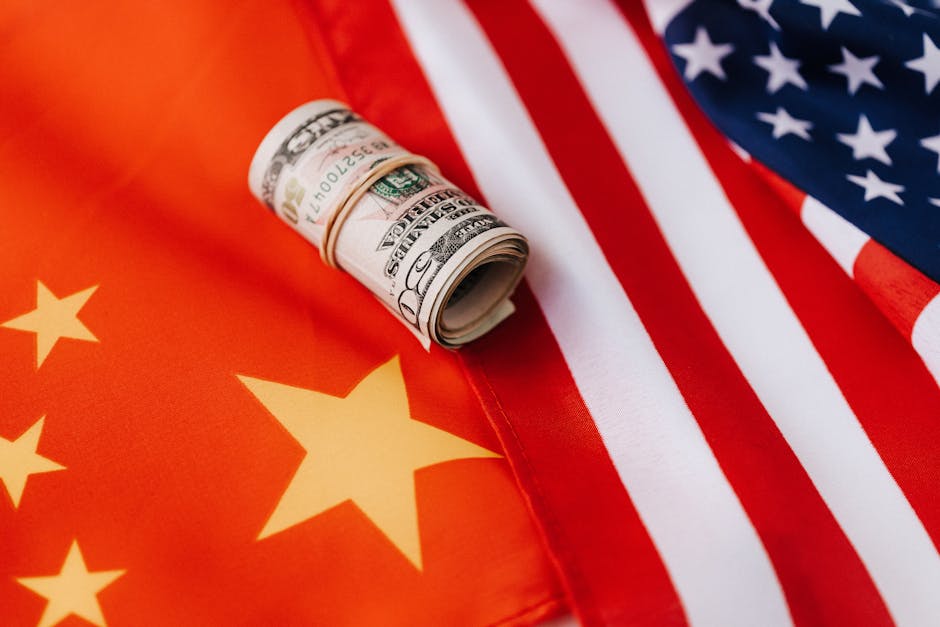The modern world faces a complex tapestry of interconnected challenges, from climate change and pandemics to economic inequality and geopolitical tensions. A crucial question emerges: Have these global issues become increasingly entangled with the machinations of politics, thereby hindering effective collective action? This exploration delves into the evolving relationship between global problems and political agendas, examining the drivers behind this trend and its potential consequences.
A fundamental shift is occurring in the way global issues are perceived and addressed. Previously, international cooperation often prioritized shared objectives like disease eradication or economic stability. However, the current climate is marked by a growing polarization, where solutions are frequently framed through the lens of national interests and ideological divides. This politicization manifests in several key areas.
Firstly, the rise of nationalism and protectionism has significantly impacted global cooperation efforts. Nationalist sentiments often prioritize domestic concerns over international collaboration, hindering consensus on crucial global issues. For instance, the response to the COVID-19 pandemic varied dramatically across nations, reflecting differing approaches to lockdown measures, vaccine rollout, and international collaboration on treatment research. The tendency to blame others or prioritise national interests over collective action hampered the swift and equitable global response, highlighting the politicization of a public health crisis.
Secondly, the dissemination of misinformation and disinformation plays a critical role in the politicization of global issues. Social media platforms, particularly, have become breeding grounds for the spread of false or misleading narratives concerning climate change, pandemics, and even the efficacy of scientific advancements. This deliberate distortion of information muddies the waters of debate and erodes public trust in scientific consensus and international institutions. The resulting polarization makes it increasingly difficult to foster constructive dialogue and build coalitions for meaningful action on global challenges.
Thirdly, political ideologies are playing an increasingly prominent role in the way issues are framed. For example, discussions on climate change frequently become embroiled in debates about economic growth versus environmental protection, with different political viewpoints often emphasizing one aspect over the other. This ideological polarization leads to disagreements about the severity of the issue, the necessary interventions, and even the very existence of a problem. This can severely hamper collective responses and effective international agreements, as seen in the stalled progress on global climate accords.
Fourthly, the distribution of power on the global stage has altered. The rise of certain nations has often been accompanied by an assertive foreign policy that prioritizes national interests over international cooperation. This shift in power dynamics can fuel the politicization of global issues, as nations with growing influence seek to advance their own agendas at the expense of universally beneficial solutions. Examples can be seen in the uneven application of global trade rules, varying approaches to international security, and differing opinions on international aid programs.
Furthermore, the influence of special interest groups is undeniable in shaping the discourse around global issues. Corporations, lobbyists, and even philanthropic organizations wield considerable power to promote their agenda and shape public perception. This can result in policies that favour select industries or particular geopolitical configurations while potentially undermining the wider interests of global populations and the long-term viability of a sustainable world. The politicization inherent in these lobbying efforts can significantly affect the direction of global policy.
On a concluding note, the answer to the question of whether global issues are increasingly politicized is not straightforward. While the complexities of international relations have always been intertwined with political motivations, the current environment exhibits an amplified and concerning trend. The confluence of factors such as nationalist ideologies, the spread of misinformation, deeply entrenched political divisions, and changing global power dynamics all contribute to a climate where global issues are increasingly framed through the prism of political advantage rather than common good. This politicization hinders the effective and just response required to address the significant challenges facing our planet.
Moving forward, promoting open dialogue, fostering mutual understanding, and strengthening international institutions are crucial to navigating this complex terrain. This requires acknowledging the political dimensions of these issues while prioritizing the shared interests of humanity. International cooperation, based on mutual respect and the recognition of global interdependence, is essential to ensure that these global challenges are met with solutions that benefit all, rather than becoming pawns in the game of political maneuvering.






